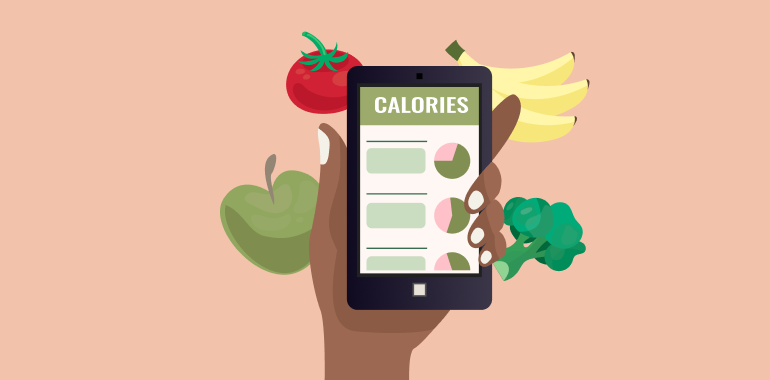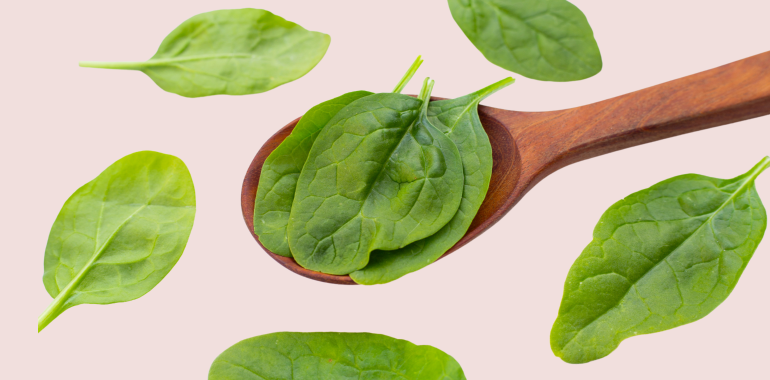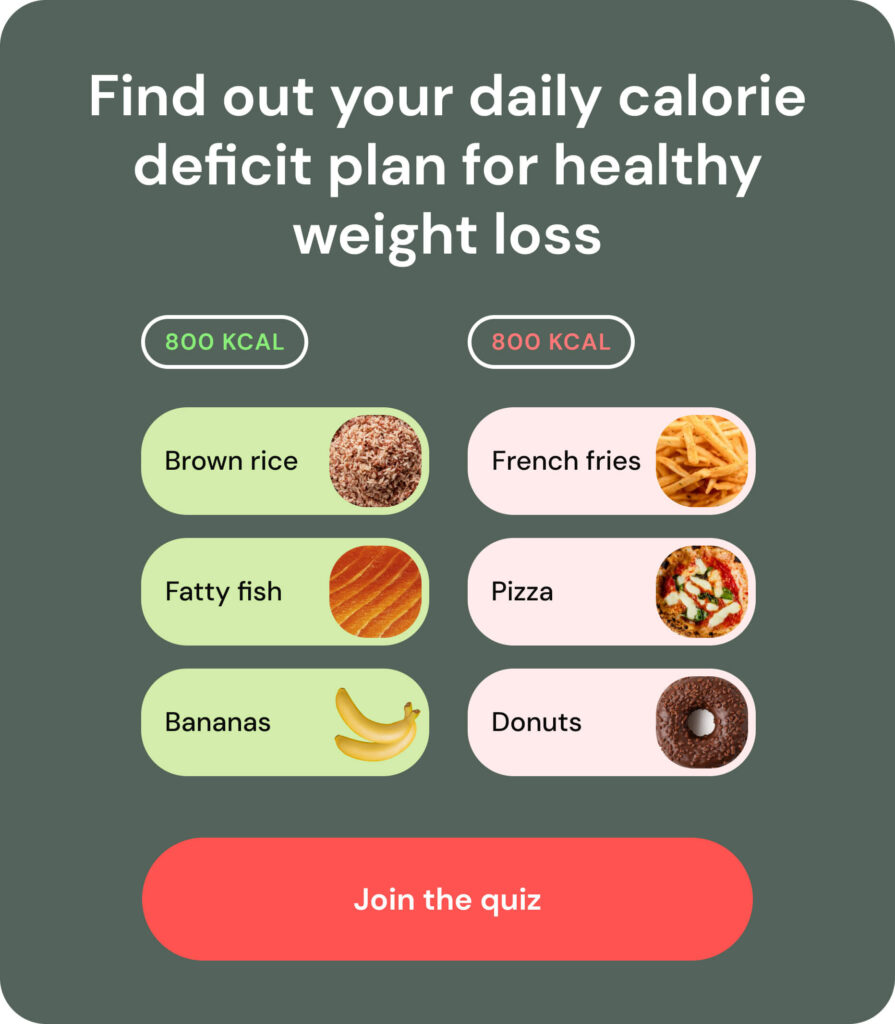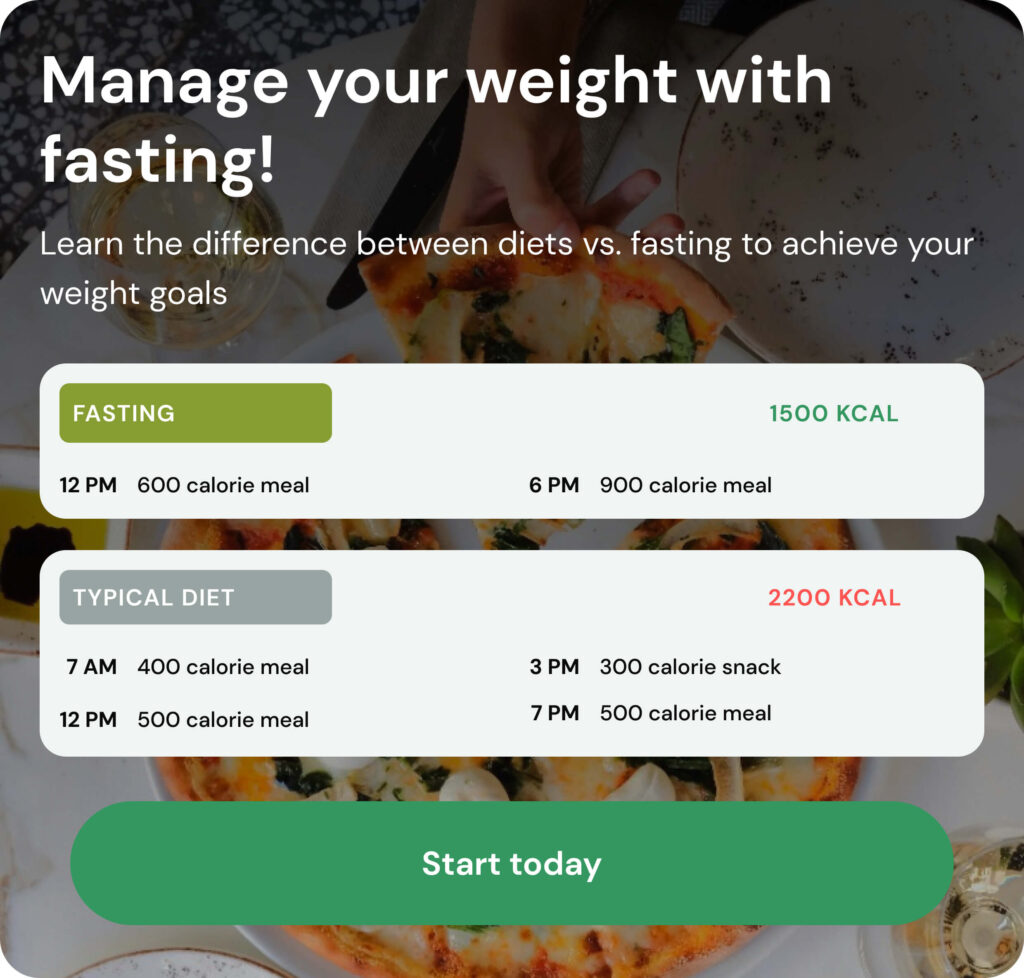Table Of Contents
16/8 intermittent fasting has gained immense popularity as an effective way to manage weight and improve overall health. This eating pattern involves fasting for 16 hours and consuming all your daily calories within an 8-hour window. While the timing aspect is straightforward, many practitioners struggle with understanding proper calorie management during their eating window. This comprehensive guide explores how many calories to eat during intermittent fasting 16/8, optimal food choices, and strategies to ensure you’re getting the right nutrients while maximizing fat loss benefits.
What is 16/8 Intermittent Fasting?
16/8 intermittent fasting is an eating pattern that alternates between periods of fasting and eating. You fast for 16 hours and eat during an 8-hour window each day. This approach was created by Martin Berkhan, who developed the “Lean Gains” protocol in 2006. The beauty of this fasting method lies in its simplicity and flexibility – it’s less extreme than other fasting protocols while still providing significant health benefits.
If you’re new to intermittent fasting, the 16/8 method offers a more moderate introduction to this lifestyle. During the 16-hour fasting period, your body enters a metabolic state that facilitates fat burning and cellular repair processes. The 16/8 intermittent fasting schedule can be adapted to fit your lifestyle—many people choose to skip breakfast and eat their first meal at noon, then finish their last meal by 8 PM.
Calorie Management During 16/8 Intermittent Fasting
Understanding calorie management is crucial when practicing intermittent fasting. While the timing of your meals matters, total calorie intake still plays a fundamental role in weight management. Intermittent fasting works partly because it naturally helps you consume fewer calories by limiting your eating window. However, you can still overconsume calories during your 8-hour window if you’re not mindful of your food choices.
Your calorie intake for intermittent fasting should align with your specific goals. If weight loss is your primary objective, you’ll need to maintain a calorie deficit—consuming fewer calories than you burn. If muscle maintenance or gain is your goal, you might need to eat at maintenance or in a slight surplus while focusing on adequate protein intake.
How Many Calories Should I Eat During Intermittent Fasting?
The number of calories you should consume while intermittent fasting depends on several factors including your basal metabolic rate (BMR), activity level, age, gender, and goals. As a general guideline, if your BMR is between 2,000-2,200 calories per day, you should aim to consume approximately that amount during your eating window for maintenance.
For weight loss purposes, creating a moderate calorie deficit of 500-750 calories below your maintenance level is typically recommended. This means if your maintenance calories are 2,000, you would aim to consume about 1,250-1,500 calories during your 8-hour eating window. This deficit can help you lose about 1-1.5 pounds per week, a sustainable rate that helps preserve muscle mass.
For those with lower calorie needs (around 1,600 calories or less for maintenance), be careful not to cut too dramatically. Women, in particular, should rarely go below 1,200 calories per day to ensure adequate nutrition. It’s always best to work with a healthcare provider to determine how many calories to eat while intermittent fasting for your specific situation.
Calculating Your Calorie Needs for Weight Loss with 16/8 IF
To calculate your calorie needs for weight loss with 16/8 intermittent fasting, follow these steps:
- Determine your BMR (Basal Metabolic Rate) using a formula like the Harris-Benedict equation or an online calculator.
- Multiply your BMR by your activity factor:
- Sedentary (little/no exercise): BMR × 1.2
- Lightly active (light exercise 1-3 days/week): BMR × 1.375
- Moderately active (moderate exercise 3-5 days/week): BMR × 1.55
- Very active (hard exercise 6-7 days/week): BMR × 1.725
- Extra active (very hard exercise & physical job): BMR × 1.9
- Subtract 500-750 calories from this number to create a deficit for weight loss.
This calculated number represents the total intermittent fasting calories you should consume during your 8-hour eating window. Remember that this is just a starting point—you might need to adjust based on your results and how you feel.
Can You Consume Calories During the 16-Hour Fasting Window?
The answer depends on what type of fasting protocol you’re following. For those practicing “clean” fasting, the goal is to avoid any caloric intake during the fasting period. This means consuming only water, black coffee, unsweetened tea, and other zero-calorie beverages.
However, some people follow a more flexible approach called “dirty” fasting, which allows for minimal calorie consumption (typically under 50 calories) during the fasting window. This might include a splash of milk in coffee or a small amount of bone broth. While this approach may be more sustainable for some, it might slightly reduce the metabolic benefits of a complete fast.
Research suggests that consuming even small amounts of certain macronutrients, particularly carbohydrates and protein, can trigger an insulin response that may interrupt some of the benefits of fasting. However, many people find that consuming minimal calories doesn’t significantly impact their overall results, especially for weight loss purposes.
Best Foods to Maximize Your 8-Hour Eating Window
To get the most out of your 8-hour eating window, focus on nutrient-dense, satiating foods that will help control hunger during your fasting period while providing essential nutrients. The best choices include:
- Protein-rich foods: Eggs, lean meats, fish, legumes, and dairy provide satiety and help preserve muscle mass.
- Healthy fats: Avocados, olive oil, nuts, and seeds provide essential fatty acids and help you feel full longer.
- Fiber-rich complex carbohydrates: Whole grains, vegetables, and fruits provide sustained energy and digestive health benefits.
- Vegetables: Non-starchy vegetables provide volume and nutrients with minimal calories.
Limiting processed foods, added sugars, and refined carbohydrates will help manage hunger and cravings during your fasting period. These foods can cause blood sugar spikes and crashes that make fasting more difficult.
Sample 16/8 IF Meal Plan for Weight Loss
Here’s a sample meal plan designed to provide around 1,500 calories within an 8-hour eating window (12 PM to 8 PM):
12 PM (Break-fast):
- Vegetable omelet with 2-3 eggs, spinach, bell peppers, and mushrooms
- 1 slice whole grain toast with 1/4 avocado
- Black coffee or green tea (consumed during fasting window)
3 PM (Snack):
- Greek yogurt (1 cup) with berries and a tablespoon of nuts
- 1 medium apple

7 PM (Dinner):
- 4-6 oz grilled chicken or fish
- Large salad with mixed greens, vegetables, olive oil, and vinegar dressing
- 1/2 cup cooked quinoa or brown rice
- Steamed vegetables (broccoli, carrots, etc.)
This meal plan provides a good balance of protein, healthy fats, and complex carbohydrates while keeping calories in check for weight loss. You can adjust portion sizes based on your specific calorie needs.
Why Some People Gain Weight on Intermittent Fasting
Despite the potential weight loss benefits, some people may find themselves gaining weight while practicing intermittent fasting. Several factors can contribute to this unexpected outcome:
- Overeating during the eating window: Some people compensate for the fasting period by consuming excessive calories during their eating window, leading to a net calorie surplus.
- Poor food choices: Focusing solely on the timing aspect of intermittent fasting while ignoring food quality can lead to weight gain, especially if the diet consists primarily of processed, high-calorie foods.
- Stress-induced eating: For some individuals, restricting eating times can increase stress and cortisol levels, which may lead to overeating or emotional eating during the eating window.
- Inadequate protein intake: Not consuming enough protein can lead to muscle loss, which may slow metabolism over time.
If you’re experiencing weight gain with what is 16/8 intermittent fasting, tracking your calorie intake during your eating window can help identify if overconsumption is the issue. Additionally, focusing on nutrient-dense foods and mindful eating practices can help optimize your results.

Common Calorie Mistakes During 16/8 Intermittent Fasting
Many people make common mistakes when managing their calorie intake during intermittent fasting:
- Not tracking calories at all: While intermittent fasting can naturally reduce calorie intake, being completely unaware of how much you’re eating can lead to overconsumption.
- Severely restricting calories: Going too low with calories can slow metabolism, increase hunger, and lead to nutrient deficiencies.
- Breaking the fast with large meals: This can cause digestive discomfort and blood sugar spikes.
- Ignoring protein needs: Adequate protein is essential for preserving muscle mass during weight loss.
- Consuming liquid calories mindlessly: Beverages like juice, sweetened coffee drinks, and alcohol can add significant calories without providing satiety.
To avoid these pitfalls, start by tracking your food intake for a few weeks to understand your patterns. Focus on balanced, nutrient-dense meals and be mindful of portion sizes, even within your eating window.
How Many Calories Do You Actually Burn During the Fasting Period?
Many wonder how many calories do I burn during 16:8 intermittent fasting beyond what they’d normally burn. The answer varies based on individual factors, but research provides some insights.
During fasting, your body transitions from using glucose as its primary fuel source to burning fat stores through a process called metabolic switching. This typically occurs after about 12 hours of fasting, when glycogen stores are depleted.
Some studies suggest that intermittent fasting may temporarily boost metabolic rate by 3-14% due to increased norepinephrine levels. For someone burning 2,000 calories daily at rest, this could mean an additional 60-280 calories burned during the fasting period.
However, these effects can vary significantly between individuals. Factors that influence how many calories you burn during fasting include:
- Body composition (higher muscle mass burns more calories)
- Age (metabolism typically slows with age)
- Hormone levels
- Fasting duration
- Activity level during the fasting period
While the metabolic boost from fasting is beneficial, it’s important to maintain a reasonable calorie deficit through proper diet and regular exercise for sustainable weight loss results.
Optimal Calorie Distribution Across Your 8-Hour Eating Window
How you distribute your calories within your eating window can impact your energy levels, hunger management, and overall satisfaction with the intermittent fasting lifestyle. Consider these approaches to calorie distribution:
- The balanced approach: Split your calories relatively evenly between 2-3 meals during your eating window. For example, with a 1,600-calorie allowance, you might have two 800-calorie meals or three ~530-calorie meals.
- Front-loading calories: Consume more calories earlier in your eating window. This approach aligns with the body’s natural insulin sensitivity, which is typically higher earlier in the day.
- Protein priority: Ensure adequate protein distribution throughout your eating window to maintain muscle mass and satiety. Aim for 20-30g of protein per meal.
- The hunger-based approach: Adjust meal sizes based on your natural hunger patterns within your eating window, while still keeping track of total calories.
For many people, breaking the fast with a moderate-sized meal that includes protein, healthy fats, and fiber-rich carbohydrates works well. This helps stabilize blood sugar without overwhelming the digestive system. Then, having a larger meal a few hours later and potentially a smaller meal or snack before closing the eating window can help manage hunger during the fasting period.
Signs You’re Not Eating Enough Calories on Intermittent Fasting
While creating a calorie deficit is necessary for weight loss, consuming too few calories can be counterproductive and potentially harmful. Watch for these signs that you may not be eating enough calories while intermittent fasting:
- Extreme hunger during fasting periods that makes it difficult to maintain the fasting schedule
- Persistent fatigue or low energy levels, even after your body has adjusted to the fasting schedule
- Difficulty concentrating or mental fog
- Irritability or mood swings
- Poor recovery from workouts or decreased exercise performance
- Hair loss or brittle nails
- Disrupted sleep patterns
- For women, menstrual irregularities
- Weight loss plateaus (your body may adapt to severe calorie restriction by slowing metabolism)
If you experience
William is from Canada, he is passionate nutrition & wellness writer. William understands that the topic of wellness is still not well understood, so his goal is to enlighten and teach people how to live healthier and happier in their bodies.









I’m worried that I’ll end up overeating during my feeding window. How can I make sure I’m eating the right amount of calories without going overboard?
Hey there! To make sure you’re eating the right amount of calories without overeating during your feeding window, calculate your daily calorie needs and divide it into smaller portions for your feeding window. Focus on nutrient-dense foods that are filling and satisfying to help you stay on track. You got this!
I’ve been doing the 16/8 method of fasting for a few weeks now, but I need help figuring out how many calories I should be eating during my feeding window. This article was really helpful in breaking down the math and giving me a better idea of what to aim for.
I’m doing the 16/8 method, but not seeing the weight loss results I hoped for. Could it be because I’m not eating enough calories during my feeding window? How can I make sure I’m striking the right balance?
Hi, Paula!
If your 16/8 method isn’t yielding the desired weight loss, inadequate calorie intake during the eating window could be a factor. Insufficient calories might slow your metabolism. Conversely, overeating—even within 8 hours—can impede a calorie deficit. Balance by calculating your caloric needs, monitoring intake, choosing nutrient-rich foods, and considering protein/fiber. Stay patient, remember, success depends on a holistic approach!
As someone who is trying to lose weight, I appreciate that this article emphasized the importance of creating a calorie deficit even while practicing intermittent fasting. It’s reassuring to know that I can still enjoy my favorite foods while working towards my weight loss goals!
Hello, Eliza!
Absolutely! 😊 It’s awesome that you found the article’s advice helpful. Balancing favorite foods with weight loss goals can be a win-win! 🍔🥗 Intermittent fasting guides mindful eating and better choices. our progress is fantastic—keep it up! 💪
I found this article to be a helpful and informative overview of how many calories to eat during intermittent fasting 16/8. The author does a good job of explaining the different factors that can affect calorie intake, such as your BMR and activity level. I would recommend this article to anyone who is considering trying intermittent fasting.
Hi, Bella!
It’s great that the article proved helpful for understanding calorie intake during 16/8 intermittent fasting. 😊 Sharing it with others considering intermittent fasting is a great way to help them make informed choices about their health.
Your article on intermittent fasting 16:8 was very well-written and easy to understand. I appreciate the helpful tips.
Hi, Mary👋
Thank you so much for your kind words!😊
I appreciate the information you provided on how many calories to eat during intermittent fasting 16:8. It is helping me to lose weight in a healthy and sustainable way.
Hi,Evelyn!
Your appreciation for the information provided on the calorie intake during a 16:8 intermittent fasting regimen, and how it’s assisting in your healthy and sustainable weight loss, is truly gratifying.😉
Hi my name us shazia malik and I am trying to loose at least half a stone before Christmas. I have started the 16:8 hour window Intermittent fasting today but I am unsure of how many calories I should be consuming while I’m doing g this. Also if you should be exercising while Intermittent fasting. Plus can you eat more if you exercise that day within the 8 hour open window.
Hi, Shazia 👋
During your 16:8 Intermittent Fasting, focus on eating nutrient-dense foods within your 8-hour window, and consider consulting a healthcare professional or dietitian for personalized calorie guidance. Exercise is beneficial; just listen to your body and adjust your calorie intake accordingly, aiming for a balanced approach to achieve your weight loss goals. Best of luck with your intermittent fasting journey!